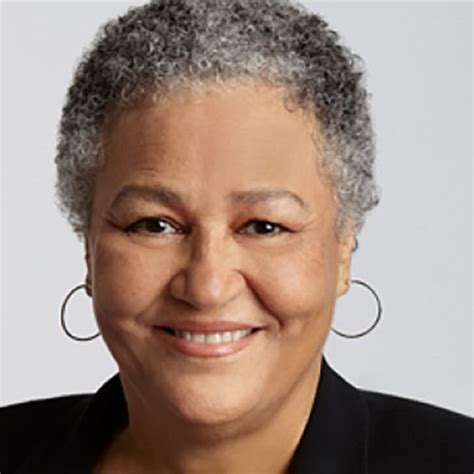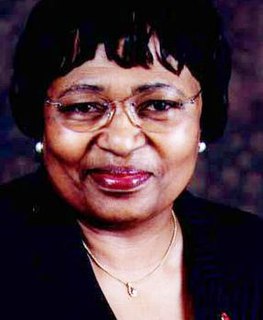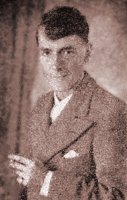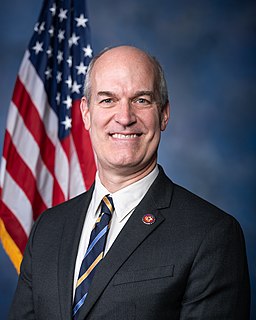A Quote by Ben Goldacre
There is actually quite a lot of crossover between the quacks and drug companies. They use the same tricks and tactics to bamboozle people into buying their pills, but drug firms can afford to use slightly more sophisticated versions.
Related Quotes
By characterizing the use of illegal drugs as quasi-legal, state-sanctioned, Saturday afternoon fun, legalizers destabilize the societal norm that drug use is dangerous. They undercut the goals of stopping the initiation of drug use to prevent addiction.... Children entering drug abuse treatment routinely report that they heard that 'pot is medicine' and, therefore, believed it to be good for them.
Drug companies spend more on advertising and marketing than on research, more on research on lifestyle drugs than on life saving drugs, and almost nothing on diseases that affect developing countries only. This is not surprising. Poor people cannot afford drugs, and drug companies make investments that yield the highest returns.
I do not believe that marijuana is a gateway drug, and having been a mayor trying to keep my community safe, if there was any drug that was driving violence, more than marijuana, it was alcohol which is legal. And so I just don't think this is a gateway drug. And by the way, if you regulate it you're actually going to overcome a lot of problems with people having to go to the streets to buy their drug. You don't know how dangerous that is.
The War on Drugs is a war on people, but particularly it's been a war on low-income people and a war on minorities. We know in the United States of America there is no difference in drug use between black, white and Latinos. But if you're Latino in the United States of America, you're about twice as likely to be arrested for drug use than if you're white. If you're black, you are about four times as likely to be arrested if you're African American than if you are white. This drug war has done so much to destroy, undermine, sabotage families, communities, neighborhoods, cities.
I'll get rid of the drug problem. The first drug dealer will be publicly executed in front of everybody and all of the sudden the rest of the drug dealers are going to go "Uh oh!" Watch how fast the drug problem disappears. If you use drugs, you're addicted and you steal something, you'll get sent off to the outback and to work camps and all of the sudden no drug addicts. See how simple that is? So simple.
When a drug comes out [that's broadly prescribed] there are going to start to be a lot of people on it [in a million person cohort] and you might get therefore an early signal of something unexpected that hadn't come through in the clinical trials. And I'm sure [drug companies] would love it if, in fact, FDA, recognizing that, would say, OK, maybe you don't have to do your trial with 30,000 people because we're going to find out shortly after registration because we'll have a lot of people taking the drug and we'll be able to see what happened using PMI.




































